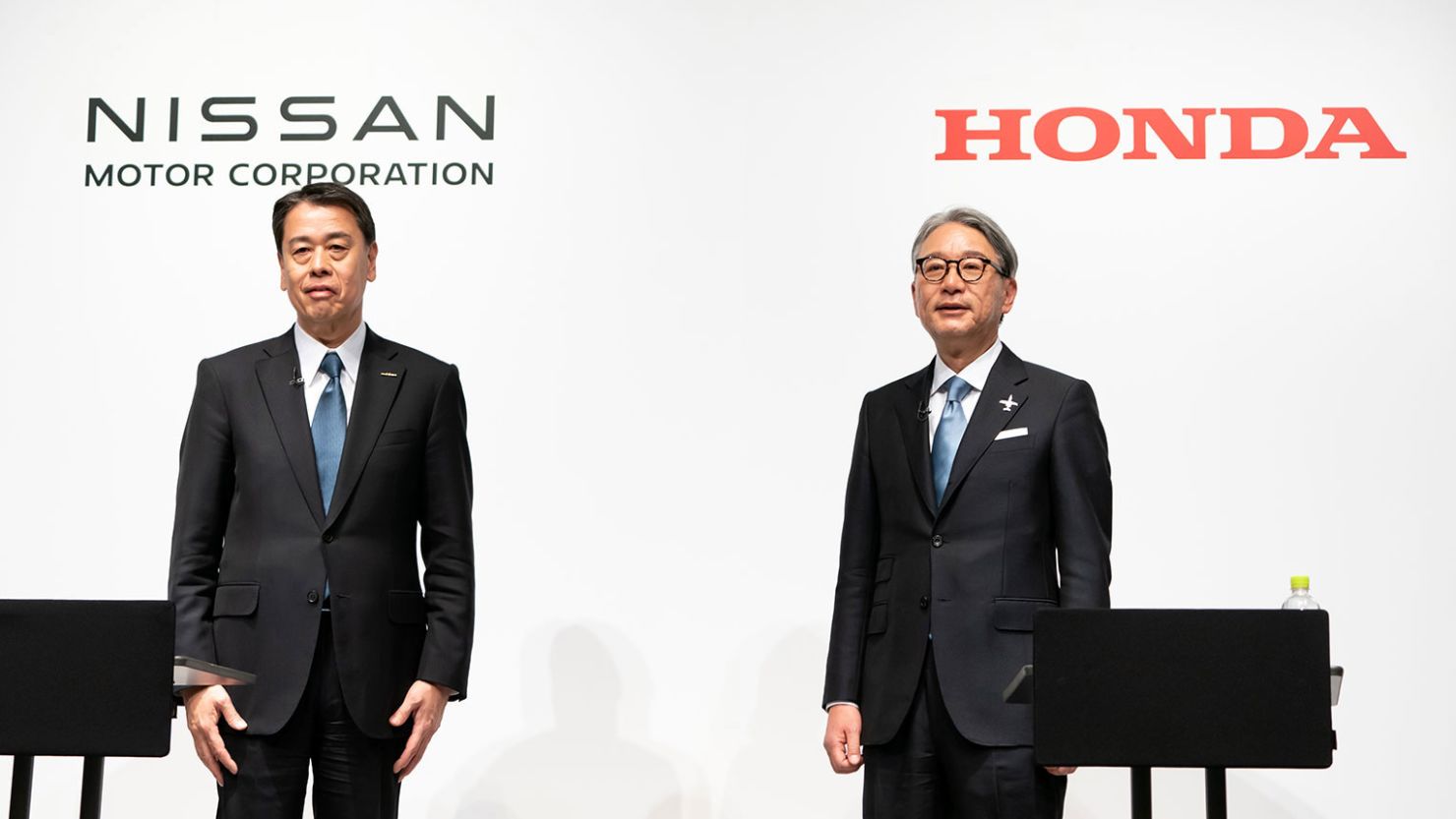Honda and Nissan Explore Potential Merger Talks
In a move that could significantly impact the automotive industry, Honda and Nissan have entered discussions regarding a potential merger. This development has sent shockwaves through the global car market, as the two Japanese automotive giants explore ways to consolidate their strengths and improve competitiveness in a rapidly evolving sector.
Honda and Nissan are not strangers to collaboration; they have previously worked together on various projects, such as shared vehicle platforms and technologies. However, this marks the first time that serious merger talks have taken place between the two companies, suggesting a much deeper and more strategic partnership is on the horizon.
Why Honda and Nissan Are Considering a Merger
The automotive industry is facing profound changes, driven by factors like the shift to electric vehicles (EVs), the rise of autonomous driving technology, and increasing competition from new market players, particularly tech companies. For traditional carmakers like Honda and Nissan, these changes represent both challenges and opportunities.
A merger would allow the companies to pool resources, combine their R&D efforts, and streamline production processes, potentially saving billions of dollars. With both companies facing pressures from global competition and the rising costs of transitioning to electric mobility, joining forces could enable them to remain relevant in a fast-evolving industry.
The Benefits of a Honda-Nissan Merger
If the merger goes through, the combined entity would create one of the largest automotive companies in the world. The economies of scale that would result from the partnership could help reduce operational costs, improve profitability, and accelerate the development of new technologies. By working together, Honda and Nissan could share the financial burden of transitioning to electric and autonomous vehicles, which require substantial investment in research and infrastructure.
Additionally, a merger could enhance the companies’ global reach. Honda and Nissan already have a strong presence in various regions, and joining forces would allow them to strengthen their foothold in emerging markets, such as India, Southeast Asia, and Africa. This expanded market share could provide the companies with more bargaining power when negotiating with suppliers, regulatory bodies, and even customers.
Challenges Ahead for the Honda-Nissan Merger
While the potential benefits of a merger are significant, there are also substantial challenges to overcome. One of the most immediate hurdles is aligning the corporate cultures of the two companies. Honda and Nissan have distinct histories, management styles, and business philosophies. Merging these two organizations would require careful planning and compromise to ensure that both sides feel they are getting a fair deal.
Another potential challenge is managing the impact of such a merger on existing employees. Both companies employ tens of thousands of people worldwide, and a merger could lead to job redundancies or restructuring. This would need to be managed delicately to avoid alienating the workforce and to maintain morale during a time of transition.
Moreover, regulators in various countries would need to approve the merger, particularly in markets like the U.S. and the European Union, where antitrust laws are strict. There could also be nationalistic concerns in Japan about consolidating two major domestic players in the automotive industry, which could lead to political resistance.
What Does This Mean for the Automotive Industry?
If Honda and Nissan do go ahead with a merger, it could signal the beginning of a new trend in the automotive world—consolidation in response to market pressures. Other automakers, especially those facing similar challenges, might consider similar mergers or alliances to survive in the competitive and fast-changing market.
Additionally, the merger could accelerate the transition to electric vehicles, as the combined companies would have more resources to invest in EV development and production. With both Honda and Nissan already making strides in EV technology, a merger could allow them to become stronger players in the electric vehicle race, which is expected to dominate the automotive sector in the coming decades.











Leave a Reply